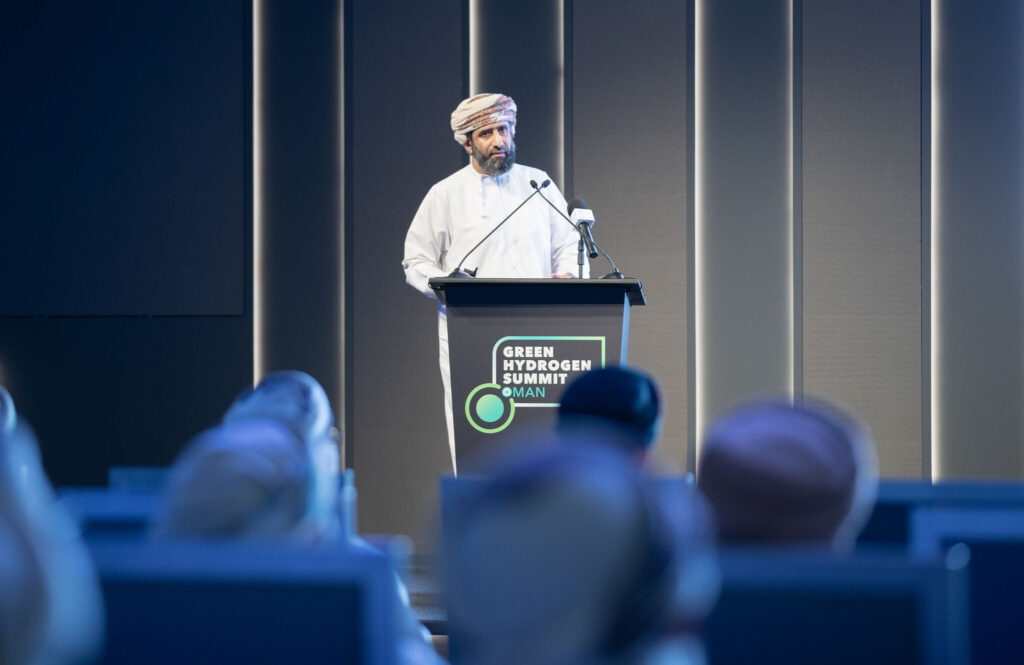Oman plans national investment into shared hydrogen infrastructure to reduce costs for developers
Image Source: Oman Magazine
The first is a nationally owned infrastructure company to manage the buildout of H2 pipelines, grid access, and desalinated water supply that multiple projects can access.
No single project is allowed to do that infrastructure,” said Abdulaziz Al Shidhani, managing director of government green hydrogen agency Hydrom, during a speech at the Green Hydrogen Summit Oman conference in Muscat last week.
Instead, state-owned companies will be chosen as “champions” to build out this shared infrastructure and reduce the overall cost of development.
As such, current gas network operator OQGN will be responsible for new hydrogen pipelines, state-owned utility Nama Water Services for water supply, and the Oman Electricity Transmission Company for grid expansion.
While more details are set to be announced in the coming weeks, a spokesperson for Hydrom’s parent agency, Energy Development Oman, confirms to Hydrogen Insight that the government will essentially take onboard this significant capital spend and recoup these costs via leasing access to developers.
The second government initiative is a “delivery support unit”, which will be formed this week, to build out wider infrastructure such as roads to expand access to project sites and facilitate construction, logistics and access to labour.
“We don’t want to wait — we want to iron the path, so we have enough roads to take all of the equipment in the right place,” said Mohsin Al Hadhrami, undersecretary at Oman’s Ministry of Energy and Minerals.
He cited a six-year development cycle for projects as a reason for this urgency, meaning that while Oman has awarded development rights via Hydrom for close to its target of one million tonnes of hydrogen by 2030, any delays in construction could lead to this being missed.
“Do we have enough ships, vessels?” he added, pointing to this as another potential focuses for the government unit. “Do we have people to take care of these activity streams, are they going to do it safely? We have to make sure the quality is right.
“Anything that has permitting requirements, licences, etc, etc — there are so many things that could hinder us, but we are not going to wait to find out. We are going to predict, and we are going to put the unit [together] to make sure this is aligned by that time.”
However, it is unclear whether the delivery support unit will directly invest in this infrastructure rollout, and what other aspects of project development and construction will be under its remit.
The development rights awarded by Hydrom also do not automatically grant permitting for projects, for which the winners will still have to apply — although officials have indicated that the government is willing to work with these developers to progress these through the system.
Source: Hydrogeninsight

